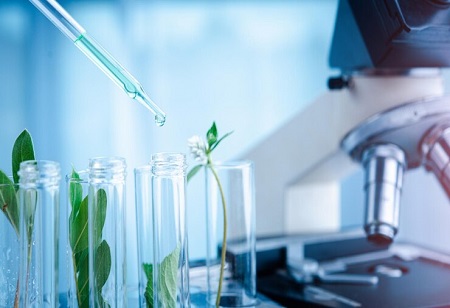
The government initiated a nation-wide network of advanced biomanufacturing hubs aimed at maturing India's bioeconomy and facilitating innovation across sectors today.
The program, dubbed High Performance Biomanufacturing Platforms, is being rolled out by the Department of Biotechnology (DBT) and the Biotechnology Industry Research Assistance Council (BIRAC), as part of the BioE3 Policy.
Speaking at the initiation event, Union Minister of State for Science and Technology Jitendra Singh said adopting the platform effectively makes India one of the first adopters of advanced biomanufacturing and a global leader in the space.
Also Read: How OEMs Can Minimize Manufacturing Risks with Strategic Partnership
The hubs, also referred to as National Bio-Enablers, or Mulankur meaning roots of new growth will allow new startups, SMEs, industries, and academic researchers access to world-class infrastructure, expertise and shared facilities.
These platforms together will converge synthetic biology, artificial intelligence, machine learning and omics technologies can accelerate sustainable solutions across health, agriculture, food systems, clean energy, industrial biotechnology and climate resilience. India already boasts 21 bio-foundries and over 4,000 biotech startups.
Officials noted that the hubs will support breakthrough projects, including a world-class cell therapy facility, India's first animal stem cell repository, mRNA based precision medicine, and CO2 sequestration systems. Singh noted that India's bioeconomy has gone from USD 10 billion to a projected USD 300 billion by 2030, with biotechnology emerging as the big word after IT.
DBT Secretary Rajesh S. Gokhale said the launch represents a "landmark moment", noting that biomanufacturing will offer some of the biggest opportunities this century, leveraging biology, engineering, and digital technologies to drive sustainable growth.
We use cookies to ensure you get the best experience on our website. Read more...